And, if God choose, I shall but love thee betterPosted February 19, 21 in Special Features Those of us who love nature are often at a loss for words when it comes to the experiences and pleasure of being outdoors Yet, we continue to encounter unique words specifically for this reasonThe second title in our picture book poem series, How Do I Love Thee?
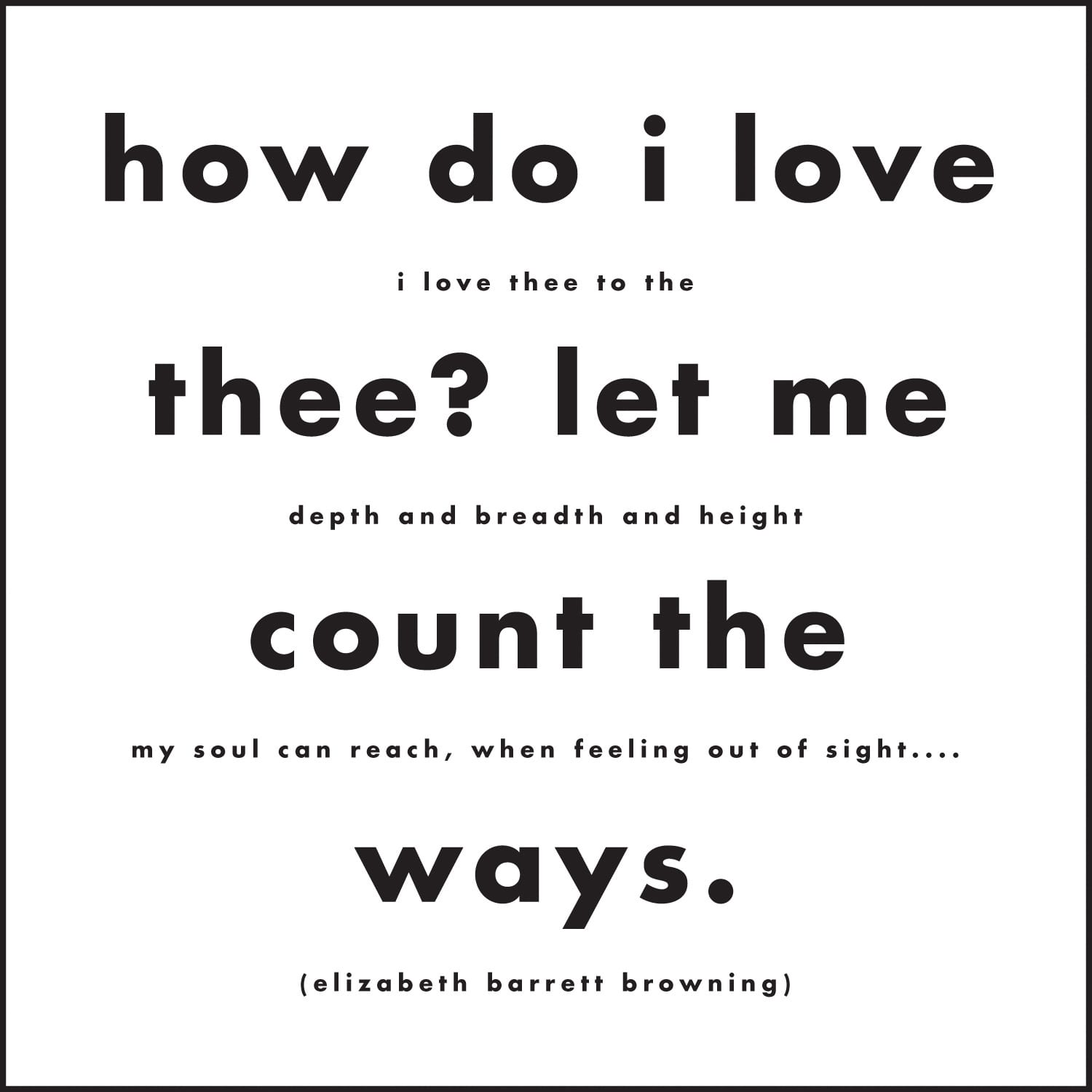
How Do I Love Thee Typo Market
How do i love thee summary
How do i love thee summary-Let Me Count The Words!The speaker begins the poem by asking the question, "How do I love thee?" and responding with, "Let me count the ways" One may assume that the speaker is either musing out loud—as one might do when writing a letter—or responding to a lover who may have posed such a question



How Do I Love Thee Rit Archive Collections
Sonnet 43 by Elizabeth Barrett Browning When I was a first year English teacher, this was the very first poem I had my senior class memorize by having them recite it aloud!Let me count the ways I love thee to the depth and breadth and height My soul can reach, when feeling out of sight For the ends of Being and ideal Grace I love thee to the level of every day's Most quiet need, by sun and candlelight I love thee freely, as men strive for Right;As we have already briefly mentioned above, "How do I love thee?" is a sonnet, a 14 lined poem with a rhyme scheme of ABBA ABBA CD CD CD in the style favoured by Petrarch In it the composer has utilised iambic pentameter (there are five iambs, or twobeat feet of unstressedstressed syllables per line), which adds to the musical quality of
How do I love thee?'How Do I Love Thee' is a famous love poem and was first published in a collection, Sonnets from the Portuguese in 1850 The poem deals with the speaker 's passionate adoration of her beloved with vivid pictures of her eternal bond that will keep her connected to her beloved even after deathThe poem "How Do I Love Thee", by Elizabeth Barrett Browning, and "What Lips My Lips Have Kissed", by Edna Vincent Millay are both wellknown poems that both have themes of love (LIT, Kirszner & Mandell, Pg 490) In both poems the poet helps the reader experience a lot of emotion with the use of certain words
By Elizabeth Barrett BrowningHow do I love thee?If you love literature, too, and are wanting to celebrate love, this is a perfect print for you!I love thee freely, as men strive for right;



How Do I Love Thee Sonnet 43 Elizabeth Barrett Browning Text Lyrics Words Poetry Poem Verse Youtube


How Do I Love Thee By Browning Print By Susan Loy Literarycalligraphy Com
I love thee purely, as they turn from Praise I love thee with the passion put to use In my old griefs, and with my childhood's faith I love thee with a love I seemed to lose With my lost saintsAnd, if God choose, I shall but love theeHow Do I Love Thee Summary The speaker begins the poem by asking the question, "How do I really like thee?" and responding with, "Let me count the ways" One may assume that the speaker is either musing out loud—as one might do when writing a letter—or responding to a devotee who may have posed such an issue the whole sonnet addresses this lover, "thee," who can also be



How Do I Love Thee Sonnet 43 National Poetry Day



Inspiration Mondays How Do I Love Thee Mango Muse Events
"How Do I Love Thee?" is one of the poems that make up the fortyfour poems of Sonnets from the Portuguese They were written while she was still courting her future husband, Mr Browning, between 1845 and 1846 She writes that the love she has for him is everlasting and consumes every part of herI have taken for a title to my remarks Mrs Browning's wonderful line "How do I love thee?" (Elizabeth Barrett Browning, Sonnets from the Portuguese 1850, no 43) I am not going to "count the ways" this morning, but I am impressed with her choice of adverb—not when do I love thee nor where do I love thee nor why do I love theeHow do I love thee?



Mississippi State University Libraries 19th Century English Poet Elizabeth Barrett Browning S Fame Surpassed That Of Her Husband Robert Browning Her Poetry Was Not Only Popular In England But America As Well Today



How Do I Love Thee Let Me Count The Ways Sonnets From The Portugese 43 Poem Summary And Analysis Litcharts
"I love thee freely, as men strive for Right" Do people sometimes love not freely?Let me count the waysThis sonnet touched my heart the moment I heard it firstHope yoI love thee purely, as they turn from Praise I love with a passion put to use In my old griefs, and with my childhood's faith I love thee with a love I seemed to lose With my lost saints, I love thee with the breath, Smiles, tears, of all my life!



How Do I Love Thee By Elizabeth Barrett Browning Read By Tom O Bedlam Youtube



How Do I Love Thee The Story Of Elizabeth Barrett Browning By Helen Elmira Waite
Directed by Michael Gordon With Jackie Gleason, Maureen O'Hara, Shelley Winters, Rosemary Forsyth Stanley Waltz (Jackie Gleason) is seeking forgiveness in Lourdes, France, after a good deed had backfired at him, regarding a poem "How do I love thee?"How do I love thee by Elizabeth Barrett Browning is a poem from the Sonnet from the Portuguese sequence which the poet had written during her days of courtship by Robert BrowningThis poem is a true reflection of the intense love which the poet felt for her beloved This article provides a complete summary and analysis of how do I love thee by BrowningI love thee freely, as men strive for Right;
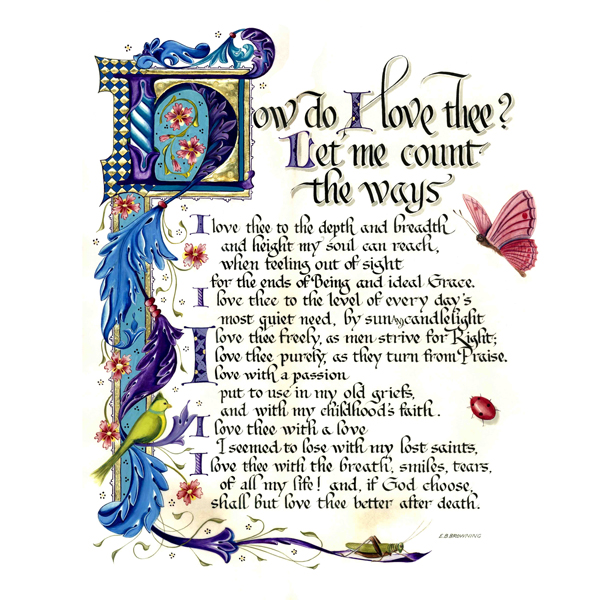


How Do I Love Thee The Gilded Quill



Pdf How Do I Love Thee Let Me Count The Words The Social Effects Of Expressive Writing
I love thee to the level of every day's Most quiet need, by sun and candlelight I love thee freely, as men strive for Right;Lindsay Gurley recites "How Do I Love Thee" by Elizabeth Barrett Browning for the Norton Anthology Poetry Video Contest Filmed and Edited by Cory Goble andHow Do I Love Thee?



How Do I Love Thee Let Me Count The Ways Sonnet Analysis



How Do I Love Thee Love Romance In Japan
Posted February 19, 21 in Special Features Those of us who love nature are often at a loss for words when it comes to the experiences and pleasure of being outdoors Yet, we continue to encounter unique words specifically for this reasonI love thee freely, as men strive for right I love thee purely, as they turn from praise I love thee with the passion put to use In my old griefs, and with my childhood's faith I love thee with a love I seemed to lose With my lost saints I love thee with the breath, Smiles, tears, of all my life;The Super Bowl is the first Sunday in February, and that's a pretty good way to kick off a month (pun intended) If you love football (and Tom Brady – I do), I think you will agree But even if you do not, it's a great excuse to eat bean dip and chicken wings, watch commercials, and critique the halftime show



How Do I Love Thee Let Me Count The Ways Elizabeth Barrett Browning Minimalist Art Shop Quotes Poetry And Photos In The Minimalist Art Style Presented On Various Mediums



How Do I Love Thee Let Me Count The Ways Valentine S Day Gift Anniversary Gift Idea Lined Notebook Journal To Write In Creations Joyful Amazon Com Books
With the full assurance of the depth of his feelings for her, she responds to his love in the most inspired sonnet of the cycle, "How do I love thee?I love thee to the level of every day's Most quiet need, by sun and candlelight I love thee freely, as men strive for right I love thee purely, as they turn from praiseFor the ends of being and ideal grace I love thee to the level of every day's Most quiet need, by sun and candlelight I love thee freely, as men strive for right;



How Do I Love Thee 8th Grade Reading Comprehension



How Do I Love Thee Typo Market
I have taken for a title to my remarks Mrs Browning's wonderful line "How do I love thee?" (Elizabeth Barrett Browning, Sonnets from the Portuguese 1850, no 43) I am not going to "count the ways" this morning, but I am impressed with her choice of adverb—not when do I love thee nor where do I love thee nor why do I love theeThe Super Bowl is the first Sunday in February, and that's a pretty good way to kick off a month (pun intended) If you love football (and Tom Brady – I do), I think you will agree But even if you do not, it's a great excuse to eat bean dip and chicken wings, watch commercials, and critique the halftime showI love thee purely, as they turn from Praise I love thee with the passion put to use In my old griefs, and with my childhood's faith I love thee with a love I seemed to lose With my lost saints―I love thee with the breath, Smiles, tears, of all my life!―and, if God choose,
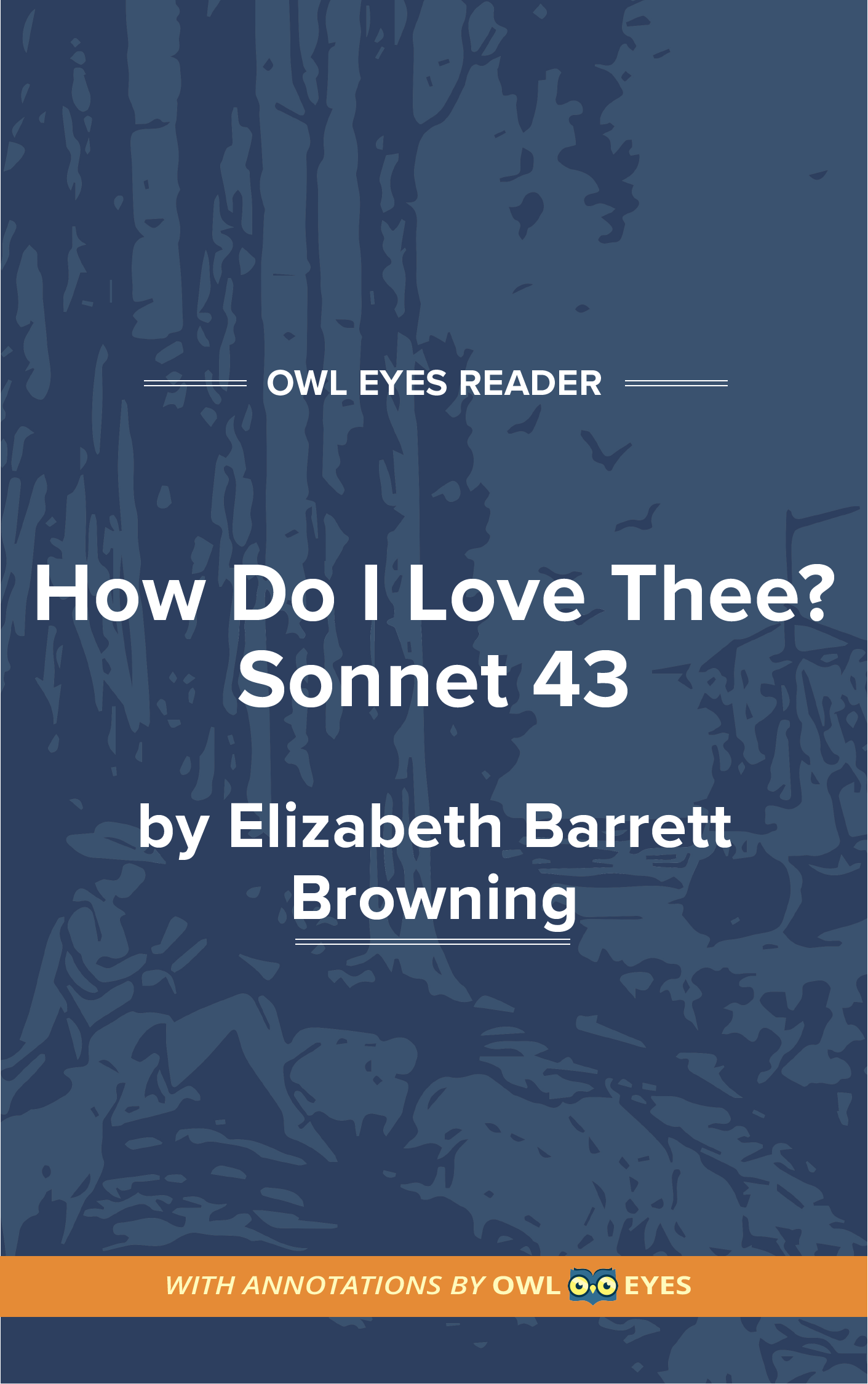


How Do I Love Thee Full Text And Analysis Owl Eyes



Poetry Poem How Do I Love Thee By Elizabeth Browning Greeting Card By Tomsredbubble Redbubble
I would argue that they do, inasmuch as people often form attachments that owe a great deal to mere proximityLet me count the ways " The clandestine marriage ceremony took place on September 12, 1846 at St Marylebone Parish Church, which was not far from the Barretts' houseLet me count the waysThis sonnet touched my heart the moment I heard it firstHope yo



Quotabelle Quote


How Do I Love Thee Sonnet 43 Clea Mclemore
The Super Bowl is the first Sunday in February, and that's a pretty good way to kick off a month (pun intended) If you love football (and Tom Brady – I do), I think you will agree But even if you do not, it's a great excuse to eat bean dip and chicken wings, watch commercials, and critique the halftime showI love thee to the level of every day's Most quiet need, by sun and candlelight I love thee freely, as men strive for right;I love thee freely, as men strive for Right;



Personalized How Do I Love Thee Life Verse Design



How Do I Love Thee Clifford Mansley Calligraphy Heirloom Artists Holly Monroe
How do I love thee?I love thee purely, as they turn from Praise I love with a passion put to use In my old griefsHow Do I Love Thee?



Sonnet 43 How Do I Love Thee Elizabeth Barrett Browning Serendipity Seeking Intelligent Life On Earth



Elizabeth Barrett Browning How Do I Love Thee Wedding Poem Size Ebay
I love thee purely, as they turn from Praise I love with a passion put to use In my old griefs, and with my childhood's faith I love thee with a love I seemed to lose With my lost saintsHow do I love thee is a phrase that could very easily come from Shakespeare – perhaps from one of his sonnets The line is from a sonnet and it is about love In fact, if you were asked in a quiz where it came from, you may well answer "Shakespeare" But you would be wrongI love thee freely, as men strive for right I love thee purely, as they turn from praise I love thee with the passion put to use In my old griefs, and with my childhood's faith I love thee with a
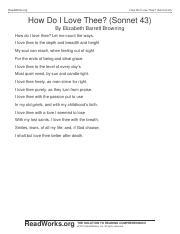


Eoc Review Poetry How Do I Love Thee Pdf How Do I Love Thee Sonnet 43 How Do I Love Thee Sonnet 43 By Elizabeth Barrett Browning How Do I Love Thee
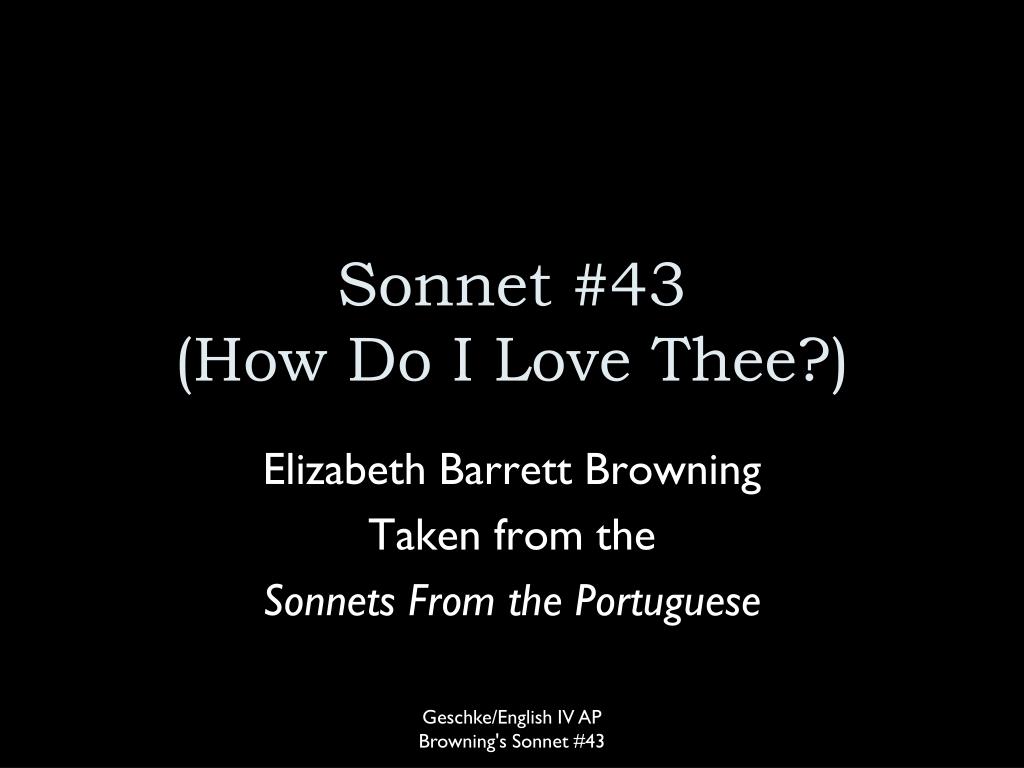


Ppt Sonnet 43 How Do I Love Thee Powerpoint Presentation Free Download Id
"How Do I Love Thee" , by Elizabeth Barrett Browning , is an English sonnet , written in 1845 It has fourteen lines in total It has ten syllables per line The type of poem supports the theme of the poem Sonnets are considered the poetic language of love The type of poem helps support the passion in the poem and magnifies it even moreBy Elizabeth Barrett BrowningHow do I love thee?Let me count the ways I love thee to the depth and breadth and height My soul can reach, when feeling out of sight For the ends of being and ideal grace I love thee to the level of every day's Most quiet need, by sun and candlelight I love thee freely, as men strive for right I love thee purely, as they turn from praise



How Do I Love Thee Poems Poetry Great Poems



How Do I Love Thee Three Stories By Lurlene Mcdaniel Nook Book Ebook Barnes Noble
And, if God choose, I shall but love theeANG AKING PAGIBIG – (How Do I Love TheeSonnet XLIII ni Elizabeth Barret BrowningIsinalin sa Filipino ni Alfonso O Santiago) Heto ang mga elemento ng tula "Ang Aking Pagibig" sukat, saknong, tugma, kariktan, talinhagaI love thee freely, as men strive for right I love thee purely, as they turn from praise I love thee with the passion put to use In my old griefs, and with my childhood's faith I love thee with a love I seemed to lose With my lost saints I love thee with the breath, Smiles, tears, of all my life;



How Do I Love Thee Wikipedia



How Do I Love Thee E B Browning Penny S Poetry Pages Wiki Fandom
How do I love thee?Personalised couple's gift Anniversary, Engagement, New home How do I Love Thee artwork on hand finished Ceramic artBy Elizabeth Barrett BrowningHow do I love thee?



How Do I Love Thee Poem By Elizabeth Barrett Browning Poem Hunter My Love True Friends Quotes Short Friendship Quotes



How Do I Love Thee Valentine S Day Greeting Card
I love thee purely, as they turn from praise I shall but love thee better after death Poetry Out Loud Note In the print anthologyHow Do I Love Thee?And, if God choose, I shall but love thee



Sonnet 43 How Do I Love Thee Let Me Count The Ways Sonnet 43 How Do I Love Thee Let Me Count The Ways Summary And Analysis Gradesaver



How Do I Love Thee Sonnet 43 Elizabeth Barrett Browning My Love Elizabeth Barrett Browning Missing My Husband
Let me count the ways " The clandestine marriage ceremony took place on September 12, 1846 at St Marylebone Parish Church, which was not far from the Barretts' houseI love thee to the depth and breadth and height My soul can reach, when feeling out of sight For the ends of being and ideal grace I love thee to the level of every day's Most quiet need, by sun and candlelight I love thee freely, as men strive for right I love thee purely, as they turn from praiseLet Me Count The Words!



Poetry Friday Elizabeth Barrett Browning S How Do I Love Thee Brought To Life By Mati Mcdonough Gathering Books


How Do I Love Thee Data Let Me Count And Aggregate The Ways By Vanitha Lucas Towards Data Science
How Do I Love Thee Personalized Leather Bound Book Easton Press Love Quotes Book Personalized Romantic Gift Valentine's Day Anniversary Gift # The Easton Press on Amazoncom *FREE* shipping on qualifying offersIn all relationships, but especially in romance, charity including selflessness, kindness, tolerance, and support is the love that "never faileth"Read aLiterary Elements Example from Poem Significance to Poem or Impact on Poem Simile The lines "I love thee freely, as men strive for Right / I love thee purely, as they turn from Praise" both display usage of similes with regards to how the speaker loves her beloved The similes clarify the speaker's love while also characterizing it as a virtuous and pure love



How Do I Love Thee Rit Archive Collections



How Do I Love Thee Sonnet 43 Elizabeth Barrett Browning Greeting Card By Typographytales Redbubble
Literary Elements Example from Poem Significance to Poem or Impact on Poem Simile The lines "I love thee freely, as men strive for Right / I love thee purely, as they turn from Praise" both display usage of similes with regards to how the speaker loves her beloved The similes clarify the speaker's love while also characterizing it as a virtuous and pure loveHow do I love thee?I love thee to the level of every day's Most quiet need, by sun and candlelight I love thee freely, as men strive for right I love thee purely, as they turn from praise
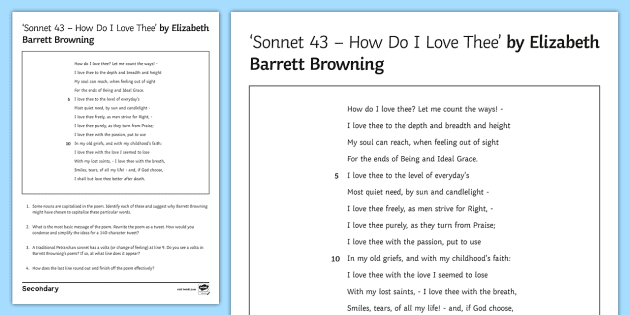


Gcse Sonnet 43 How Do I Love Thee By Elizabeth Barrett Browning Poem And
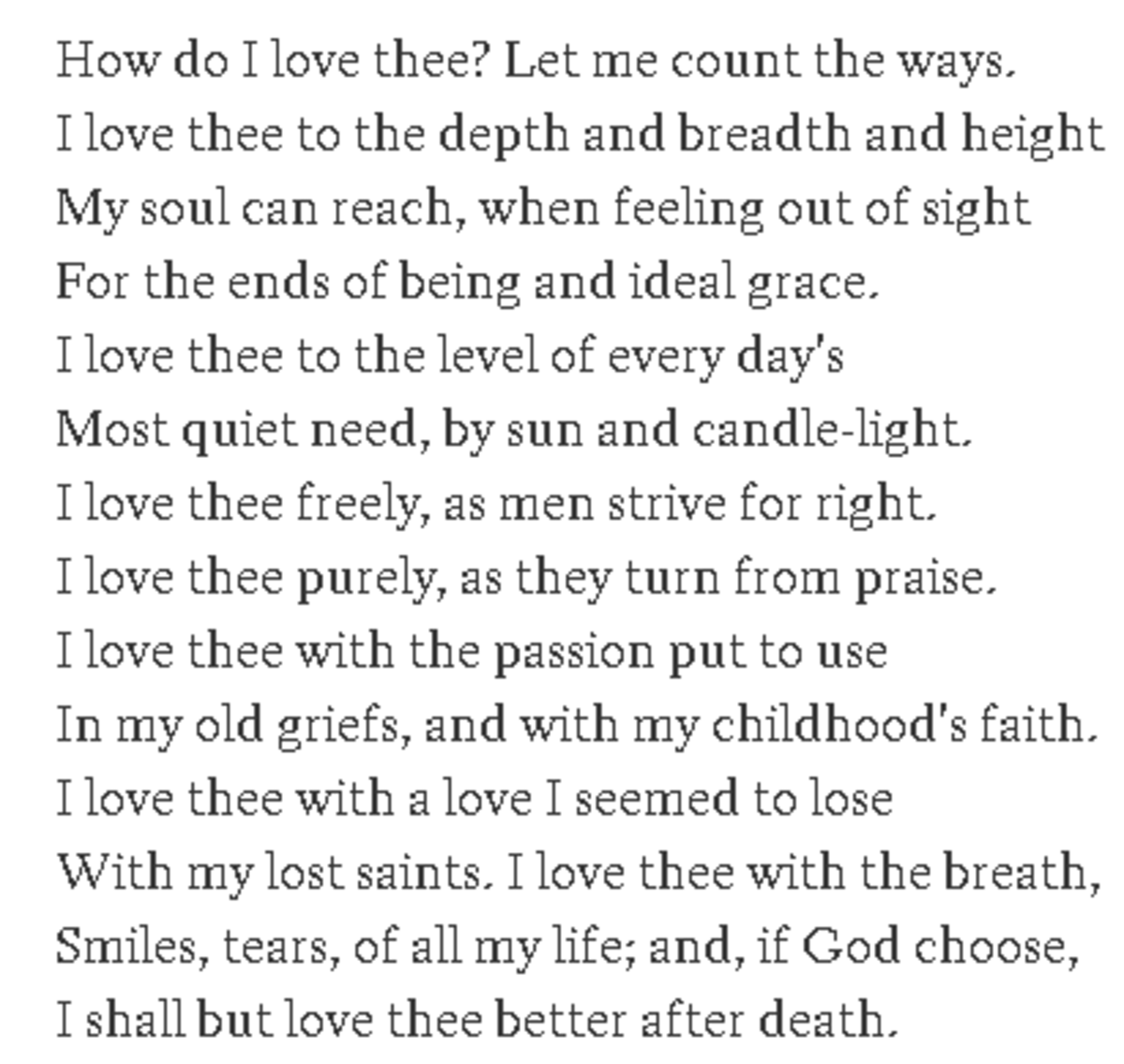


Analysis Of Poem How Do I Love Thee By Elizabeth Barrett Browning Owlcation Education
Let me count the waysThis sonnet touched my heart the moment I heard it firstHope yoI love thee freely, as men strive for Right;I love thee purely, as they turn from Praise I love with a passion put to use In my old griefs, and with my childhood's faith I love thee with a love I seemed to lose With my lost saints, I love thee with the breath, Smiles, tears, of all my life!



Elizabeth Barrett Browning Sonnet 43 Floating Quote How Do I Love The Burnt Branch



How Do I Love Thee 1970 Imdb
I love thee purely, as they turn from Praise I love thee with the passion put to use In my old griefs, and with my childhood's faith I love thee with a love I seemed to lose With my lost saints,—I love thee with the breath, Smiles, tears, of all my life!—and, if God choose, I shall but loveI love thee to the depth and breadth and height My soul can reach, when feeling out of sight For the ends of being and ideal grace I love thee to the level of every day's Most quiet need, by sun and candlelight I love thee freely, as men strive for right I love thee purely, as they turn from praiseHow do I love thee by Elizabeth Barrett Browning is a poem from the Sonnet from the Portuguese sequence which the poet had written during her days of courtship by Robert BrowningThis poem is a true reflection of the intense love which the poet felt for her beloved This article provides a complete summary and analysis of how do I love thee by Browning



How Do I Love Thee Sonnet 43 Teaching Resources



Elizabeth Barrett Browning How Do I Love Thee How Do I Love Thee Let Me Count The Ways I Love Thee To The Depth And Breadth And Height My Soul
Illustrated by Mati Rose McDonough, who illustrated I Carry Your Heart With Me, by EE Cummings, follows a father and a son on a fishing trip and captures all of the emotions of Browning's beloved poem Previous page Reading age 4 8 yearsHow Do I Love Thee Summary The speaker begins the poem by asking the question, "How do I really like thee?" and responding with, "Let me count the ways" One may assume that the speaker is either musing out loud—as one might do when writing a letter—or responding to a devotee who may have posed such an issue the whole sonnet addresses this lover, "thee," who can also beIs sonnet number 43 taken from The Sonnets From the Portuguese, a book first published in 1850 Elizabeth Barrett Browning chose this title to give the impression that she had translated the work from the Portuguese and would therefore avoid any controversy It was dedicated to her husband, poet Robert Browning



What Does This Passage From How Do I Love Thee By Elizabeth Barrett Browning Mean Brainly Com
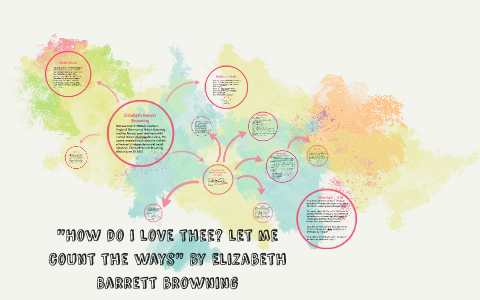


How Do I Love Thee Let Me Count The Ways By Catie Hopkins
I love thee purely, as they turn from praiseWith the full assurance of the depth of his feelings for her, she responds to his love in the most inspired sonnet of the cycle, "How do I love thee?



How Do I Love Thee By Elizabeth Barrett Browning The Poetry Palace
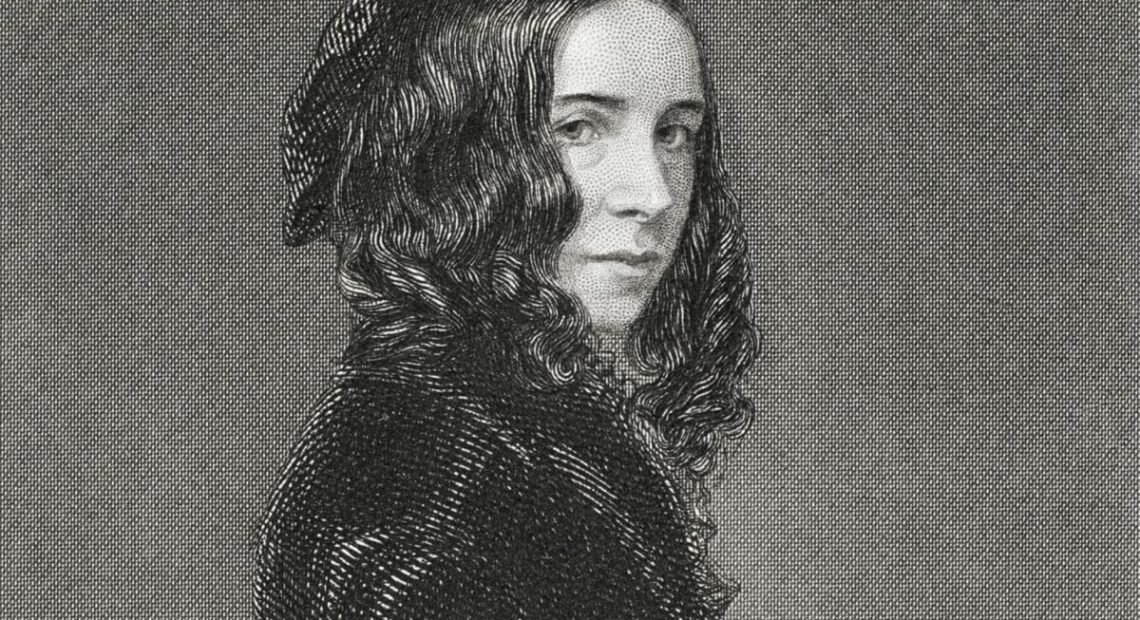


Remembering Elizabeth Barrett Browning How Do I Love Thee Europetimes



How Do I Love Thee By Jennifer Adams
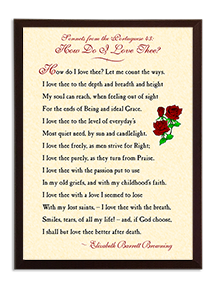


Fleur De Lis Designs Insights Plaques How Do I Love Thee



How Do I Love Thee By Elizabeth Barrett Browning



How Do I Love Thee Analysis Essay Example
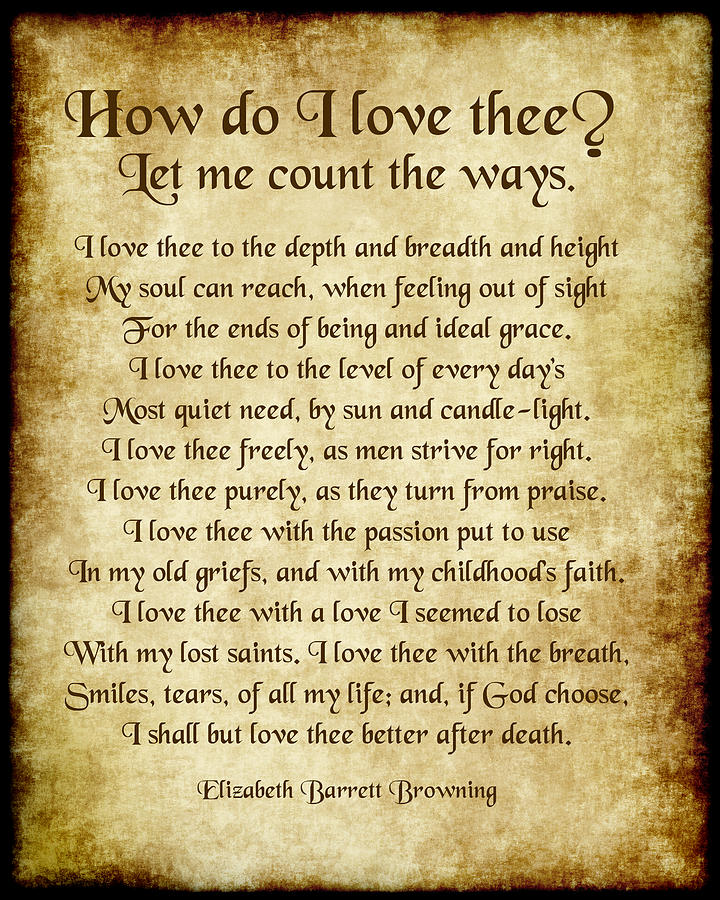


How Do I Love Thee Poem Antique Style Digital Art By Ginny Gaura
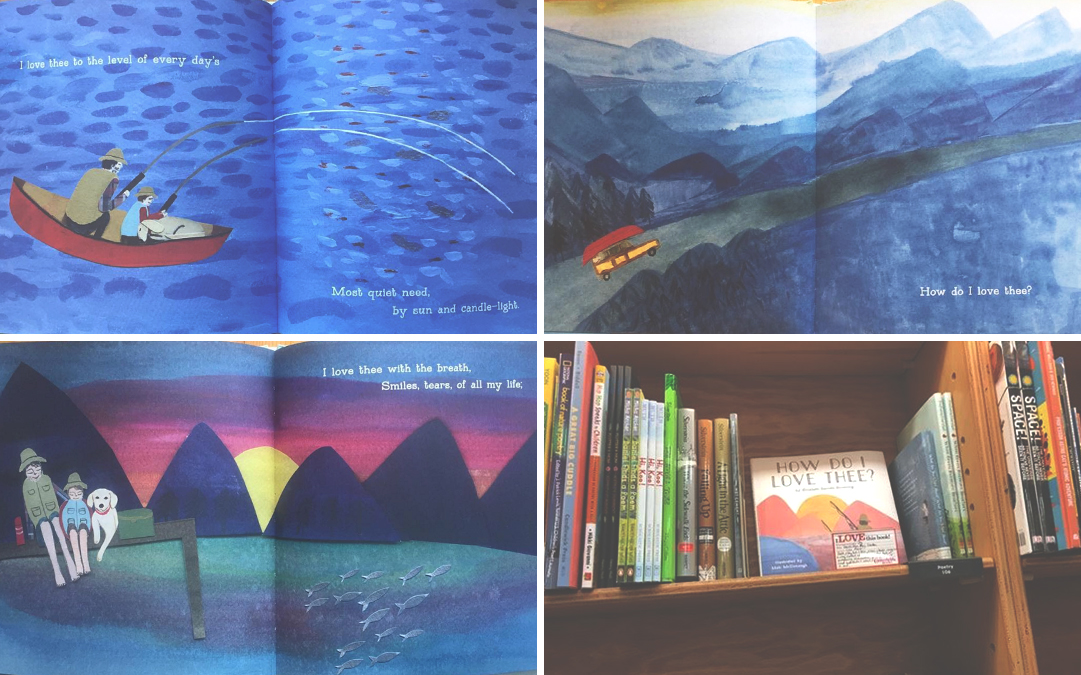


How Do I Love Thee Mati Rose
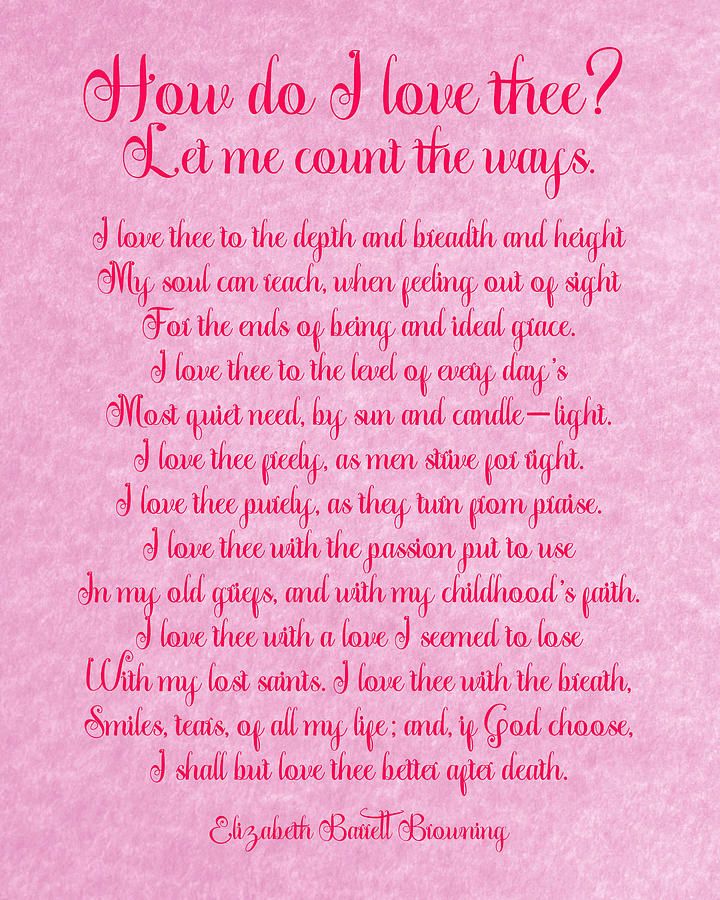


How Do I Love Thee Poem Pink Parchment Digital Art By Ginny Gaura



How Do I Love Thee Elizabeth Barrett Browning Biblioklept



How Do I Love Thee By Periwinkle Ish On Deviantart
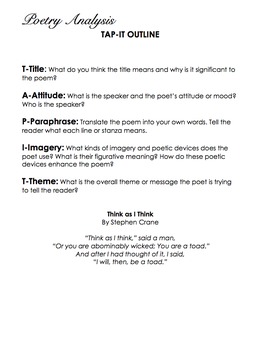


How Do I Love Thee By Elizabeth Barrett Browning Questions Analysis Writing
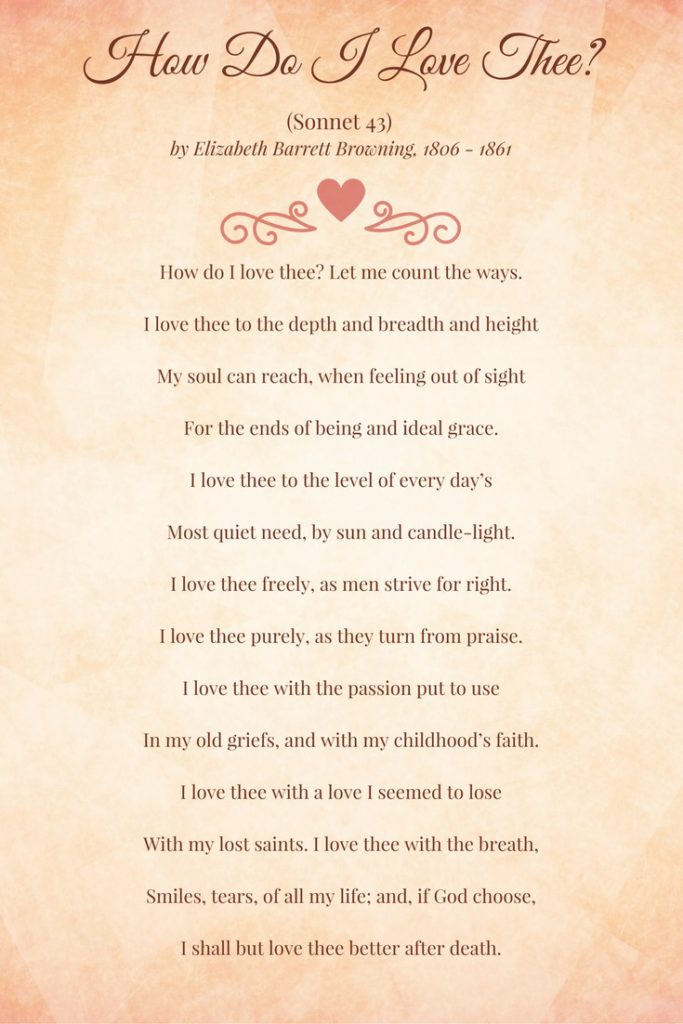


How Do I Love Thee Joy Van Eaton



Elizabeth Barrett Browning How Do I Love Thee Classic Poems Love Poems My Love



How Do I Love Thee By Elizabeth Barrett Browning Sonnet 43 ব ল ল কচ র Literature Kobita Youtube



How Do I Love Thee Your Text 5 X7 Area Rug By Personalize These Gifts Cafepress


How Do I Love Thee Captain Coffee



Analysis Of Poem How Do I Love Thee By Elizabeth Barrett Browning Owlcation Education
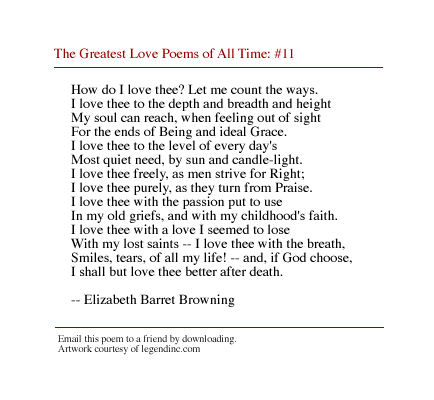


Anime Wallpaper Heaven How Do I Love Thee Poem Theme
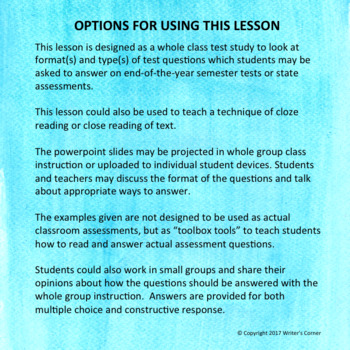


How Do I Love Thee Sonnet 43 Poetry Reading Analysis Test Assessment Sub



How Do I Love Thee Poster Print By Georgina Wormald Displate
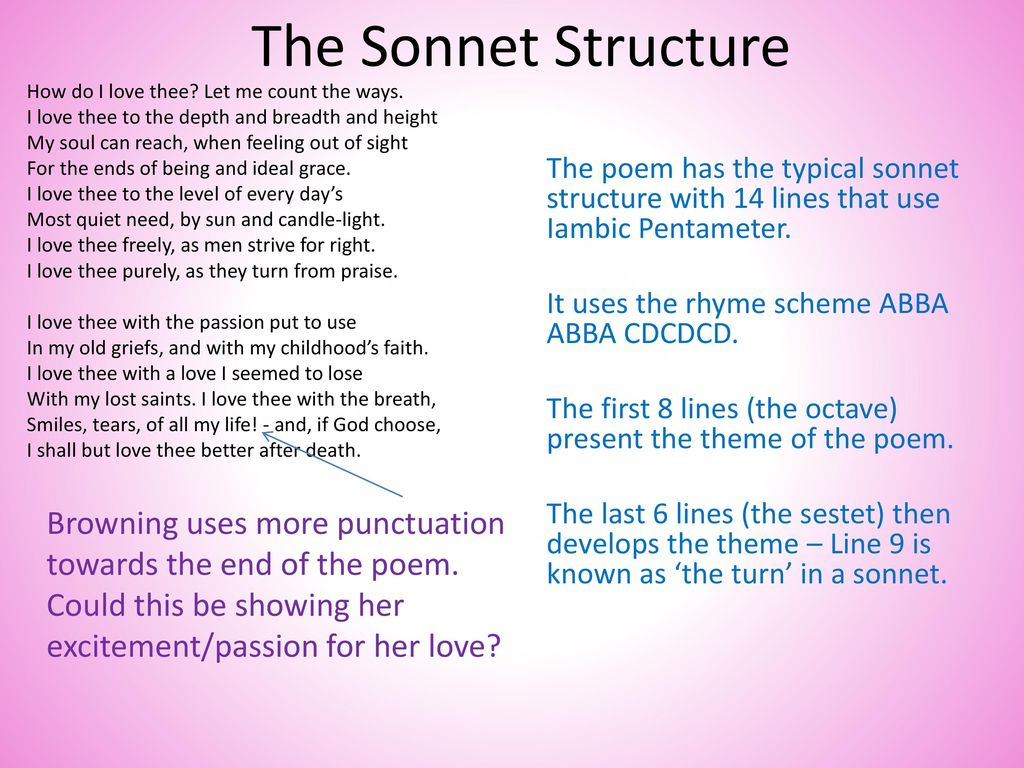


Sonnet 43 Elizabeth Barrett Browning Ppt Download



How Do I Love Thee Cameron Company



How Do I Love Thee Soul Art Print Haven America



Elizabeth Barrett Browning S Sonnet How Do I Love Thee Sonnet 43 Is A Perfect Appreciation Of Your Loved Literary Love Quotes Poems Shakespeare Love Poems



How Do I Love Thee Cartoons Tls



How Do I Love Thee Ladies Of History 4 By Nancy Moser



Elizabeth Barret Browning How Do I Love Thee From A Book Of Love Poetry Poetry Words Literary Quotes Love Poems
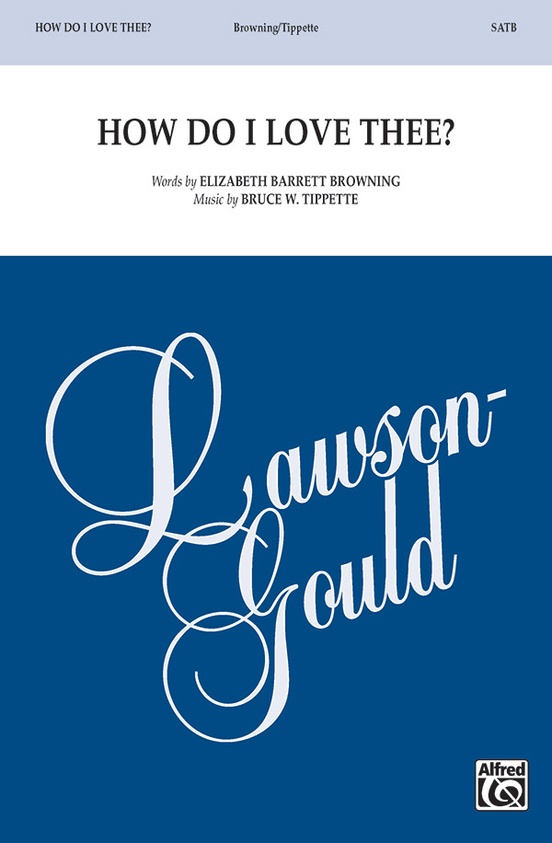


How Do I Love Thee Satb Choral Octavo Bruce W Tippette



How Do I Love Thee Poem Antique Style Digital Art By Ginny Gaura



Sonnet 43 How Do I Love Thee Elizabeth Barrett Browning Teaching Resources



Card How Do I Love Thee Inspired Living



How Do I Love Thee Inspirational Quote By Elizabeth Barrett Browning
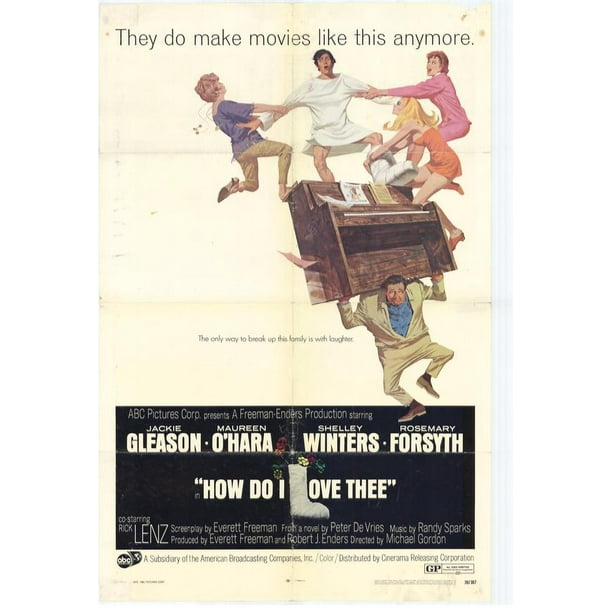


How Do I Love Thee Movie Poster Style A 11 X 17 1970 Walmart Com Walmart Com
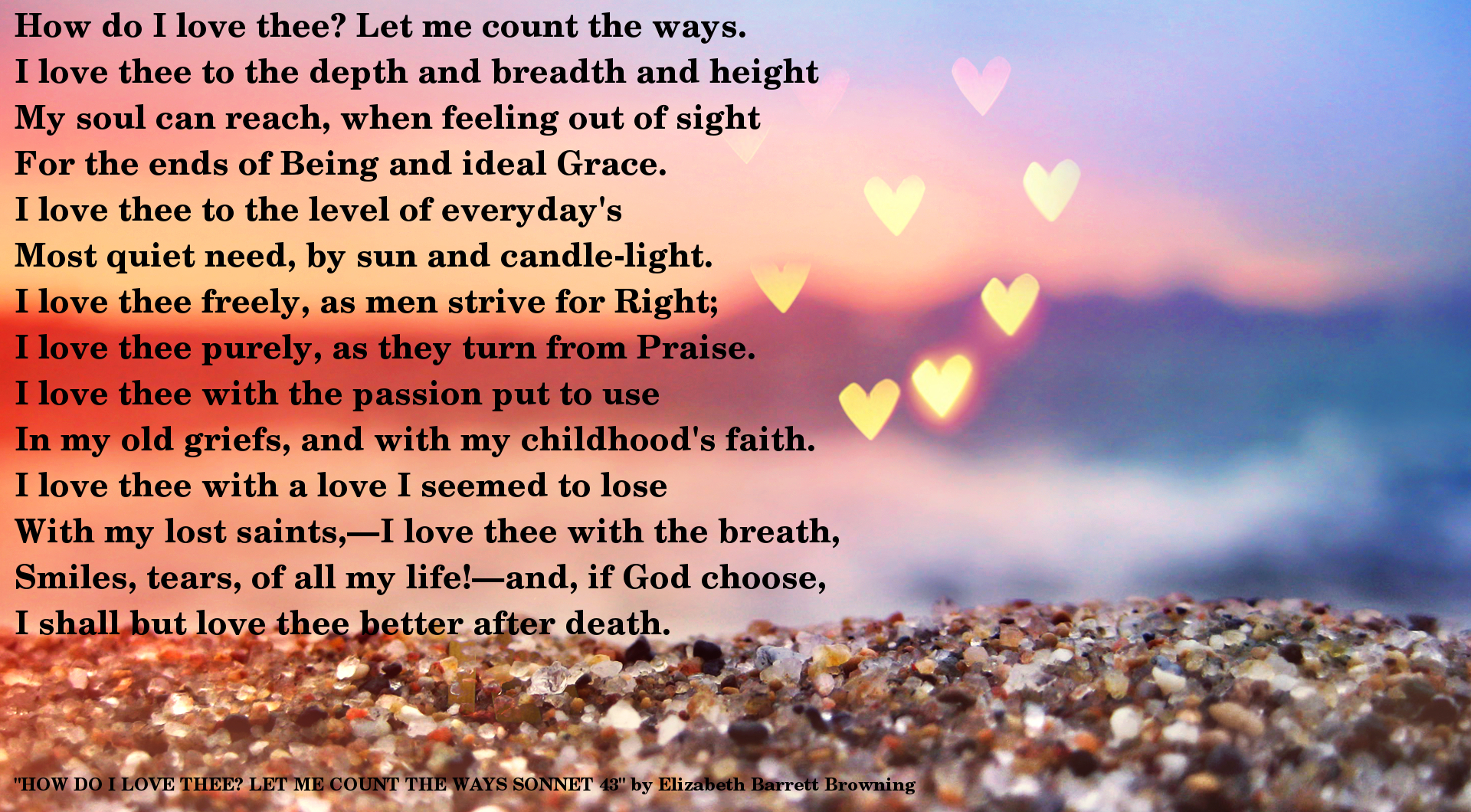


How Do I Love Thee Let Me Count The Ways By Elizabeth Barrett Browning Age Of Jahiliyah



Amazon Com How Do I Love Thee Elizabeth Barrett Browning Art Print 60 Colours 2 Sizes Poetry Poster Sonnet 43 Romantic Poem Handmade



How Do I Love Thee



How Do I Love Thee



How Do I Love Thee
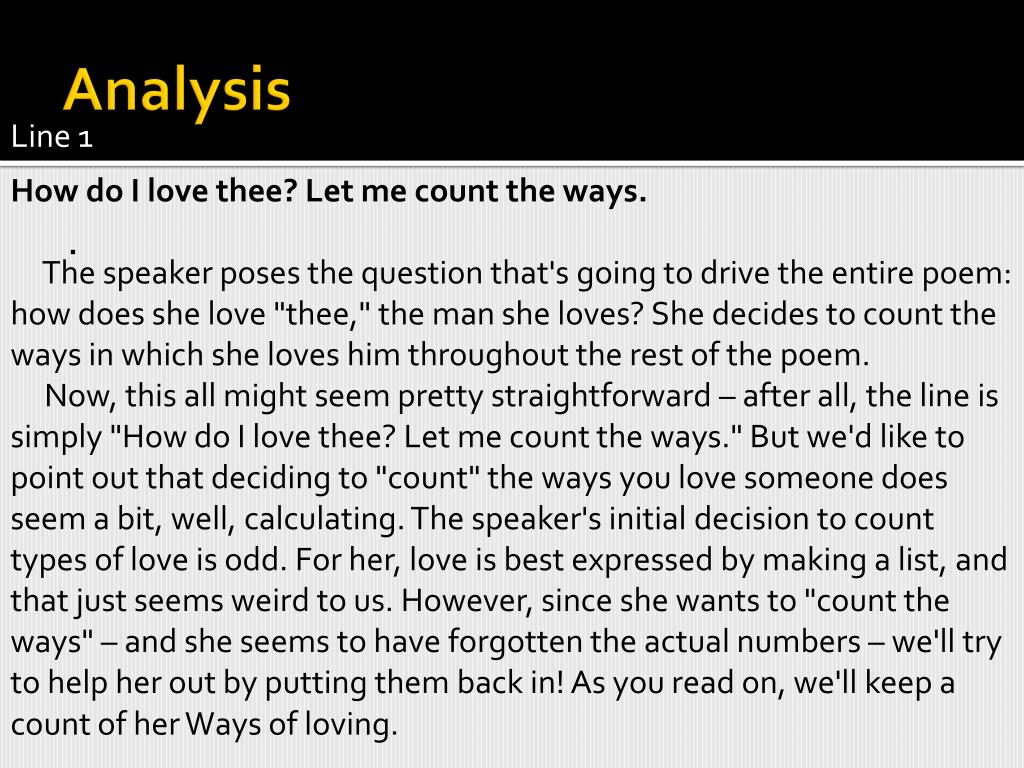


How I Love Thee Poem Analysis Anime Wallpaper Heaven
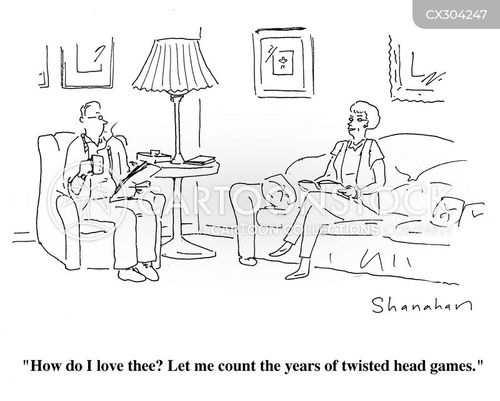


How Do I Love Thee Cartoons And Comics Funny Pictures From Cartoonstock
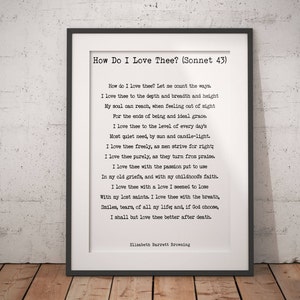


Elizabeth Barrett Browning How Do I Love Thee Sonnet 43 Etsy
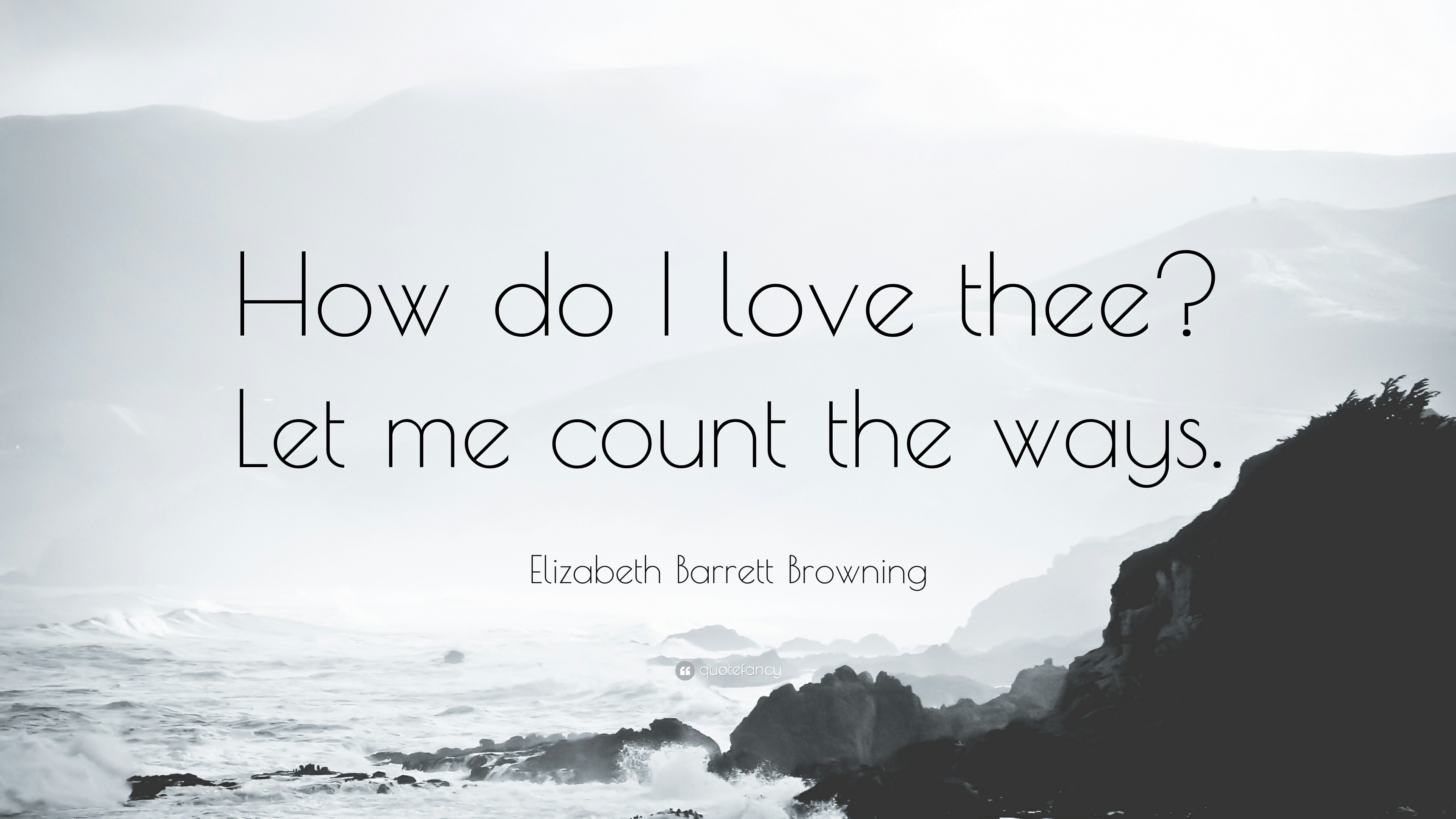


Elizabeth Barrett Browning Quote How Do I Love Thee Let Me Count The Ways 9 Wallpapers Quotefancy
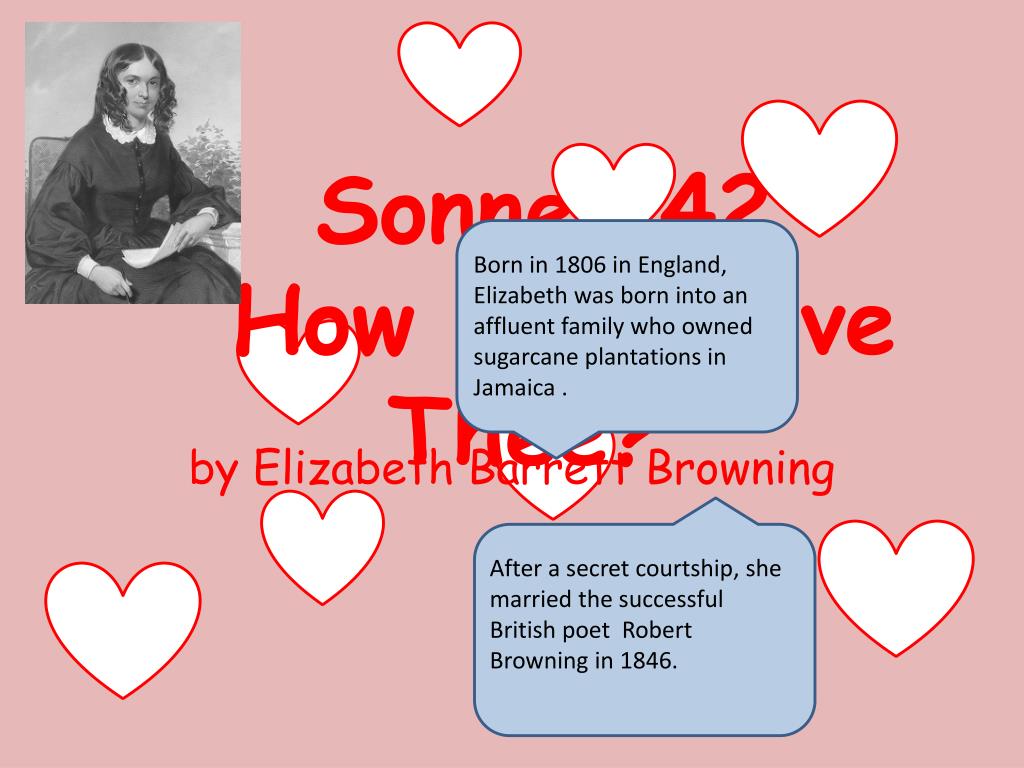


Ppt Sonnet 42 How Do I Love Thee Powerpoint Presentation Free Download Id



Analysis Of Poem How Do I Love Thee Youtube



An Analysis Of How Do I Love Thee By Elizabeth Barret Browning One Of The World S Most Famous Love Poems Brighthub Education
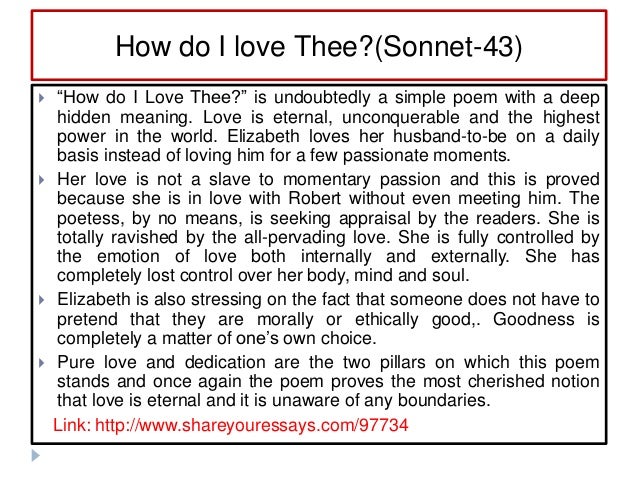


Sonnet 43 How Do I Love Thee By Elizabeth Barrette Browning
:format(jpeg):mode_rgb():quality(90)/discogs-images/R-15869-1141088159.jpeg.jpg)


Queen Latifah How Do I Love Thee 1991 Vinyl Discogs
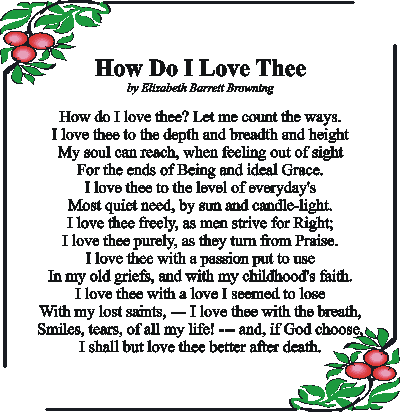


Analysis Of How Do I Love Thee By Elizabeth Barrett Browning Beaming Notes
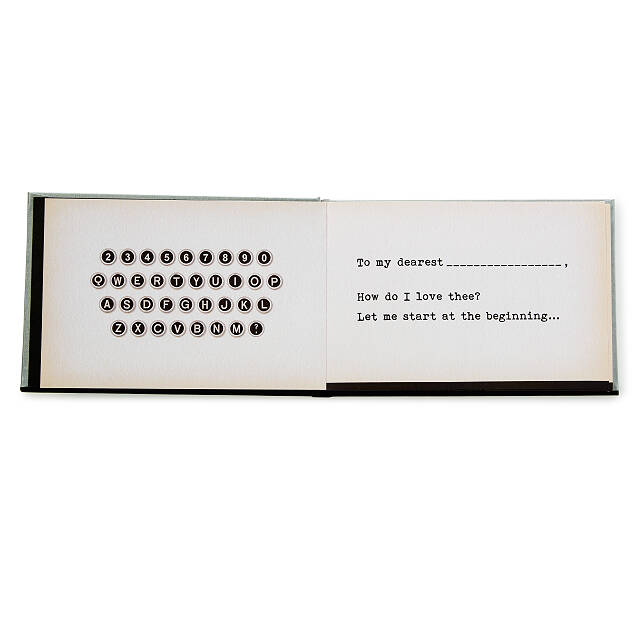


How Do I Love Thee From A Z Fill In Love Book Uncommon Goods



How Do I Love Thee Love Poem By Elizabeth Barrett Browning Love Poems Love Quotes For Him Love Quotes



How Do I Love Thee Lynn Dove S Journey Thoughts
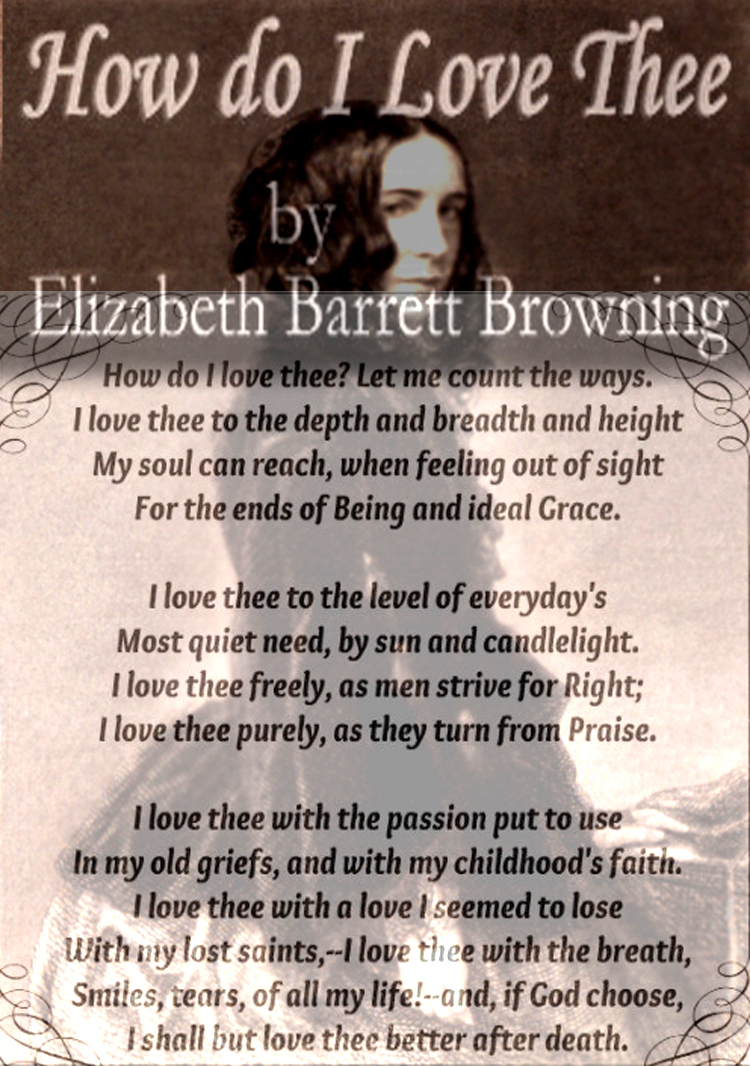


English Grammar A To Z How Do I Love Thee E B Browning



No comments:
Post a Comment